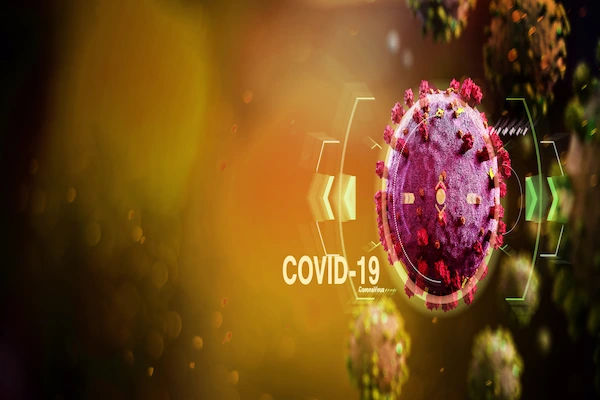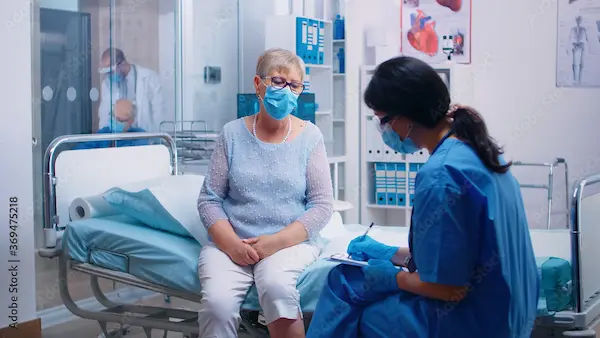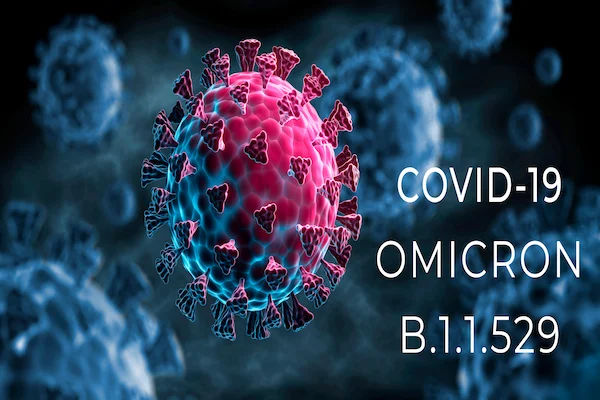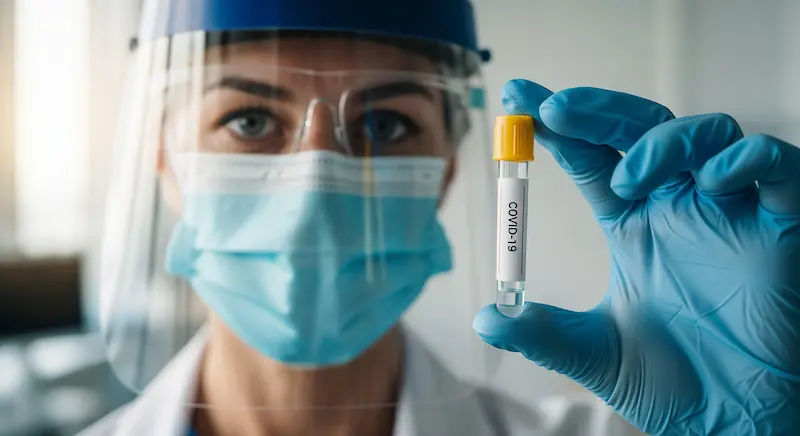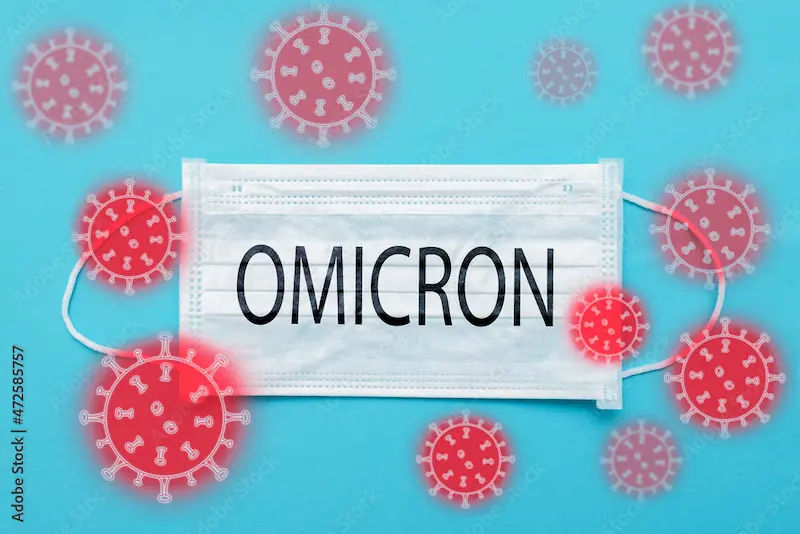Guide to Corona Virus All You Need Know
Get the essential facts on coronavirus (COVID19) in our comprehensive guide. Learn about symptoms, prevention, treatments, and vaccine information to stay informed and safe.

Written by Dr. Vasanthasree Nair
Reviewed by Dr. Rohinipriyanka Pondugula MBBS
Last updated on 13th Jan, 2026

Your Complete Guide to the Coronavirus: Symptoms, Prevention & More
The word "coronavirus" has become a permanent part of our global vocabulary. What started as an outbreak in late 2019 rapidly evolved into the COVID19 pandemic, reshaping our world and how we think about public health. Even as we move into a new phase, understanding this virus remains crucial for protecting ourselves and our communities. This virus, known scientifically as SARSCoV2, is a highly infectious respiratory pathogen. This comprehensive guide is designed to cut through the noise and provide you with clear, factual, and uptodate information. We will explore everything from the common signs of infection and how the virus spreads to the most effective prevention strategies and what to do if you fall ill. Whether you're seeking to refresh your knowledge or answer specific questions, consider this your one stop resource for navigating the realities of the coronavirus.
Consult a General Physician for the best advice
What exactly is the Coronavirus (COVID19)?
The term "coronavirus" actually refers to a large family of viruses, not just one. This family includes viruses that cause illnesses ranging from the common cold to more severe diseases like Middle East Respiratory Syndrome (MERS) and Severe Acute Respiratory Syndrome (SARS). The novel coronavirus that emerged in 2019 is a new strain that had not been previously identified in humans.
SARSCoV2: The Virus Behind the Disease
It's important to distinguish between the virus and the disease it causes. SARSCoV2 (Severe Acute Respiratory Syndrome Coronavirus 2) is the name of the virus itself. COVID19 (Coronavirus Disease 2019) is the name of the disease that manifests in people infected with the SARSCoV2 virus. Think of HIV (the virus) and AIDS (the disease) as a similar analogy.
A Brief History: From Outbreak to Pandemic
The virus was first identified in December 2019 in Wuhan, Hubei Province, China, following a cluster of pneumonia cases with an unknown cause. Due to its highly contagious nature, it spread globally at an unprecedented rate. On March 11, 2020, the World Health Organization (WHO) declared the outbreak a global pandemic. Since then, the virus has continued to evolve, producing several variants of concern.
Recognizing the Signs: Symptoms of COVID19
COVID19 symptoms can range from very mild to severe. Some people become infected but don’t develop any symptoms (asymptomatic), while others become seriously ill. The presentation can vary greatly from person to person.
Most Common Symptoms
The most frequently reported signs of a COVID19 infection include:
Fever or chills
A persistent dry cough
Significant fatigue
Loss of taste or smell (a somewhat distinctive symptom)
Less Common Symptoms
Other symptoms that many people experience are:
Sore throat
Headache
Aches and pains
Diarrhea
A rash on the skin, or discoloration of fingers or toes
Red or irritated eyes
Severe Symptoms Requiring Immediate Medical Attention
It is critical to seek emergency medical care immediately if you or someone you know develops:
Difficulty breathing or shortness of breath
Loss of speech or mobility, or confusion
Chest pain or pressure
If you or a loved one experience any of these severe coronavirus symptoms, do not wait. Consult a doctor online immediately with Apollo24|7 for urgent evaluation and guidance.
How Does the Coronavirus Spread?
Understanding transmission is key to breaking the chain of infection. The primary way the virus spreads is through respiratory droplets and aerosols.
Primary Modes of Transmission
Respiratory Droplets: When an infected person coughs, sneezes, talks, or breathes, they release small respiratory droplets containing the virus. These droplets can land in the mouths or noses of people who are nearby (typically within 6 feet) or possibly be inhaled into the lungs.
Airborne Transmission (Aerosols): In poorly ventilated or crowded indoor settings, smaller virus particles (aerosols) can remain suspended in the air for minutes to hours and travel longer distances, leading to infections.
Surface Transmission: It is possible, though less common, to get COVID19 by touching a surface or object that has the virus on it and then touching your own mouth, nose, or eyes.
Understanding Asymptomatic and Presymptomatic Spread
A challenging aspect of this coronavirus is that people can spread the virus even if they don't have symptoms. This includes:
Asymptomatic spread: People who are infected and never develop symptoms can still transmit the virus to others.
Presymptomatic spread: People who are infected and later go on to develop symptoms are most contagious in the 48 hours before their symptoms begin.
Your Shield Against the Virus: Prevention Strategies
A multilayered approach offers the best protection against COVID19. Combining vaccination with simple public health measures significantly reduces your risk of infection and severe illness.
Vaccination: Your Best Defense
COVID19 vaccines are highly effective at preventing severe illness, hospitalization, and death. They work by training your immune system to recognize and fight the virus. Even if a vaccinated person gets infected (a "breakthrough infection"), the symptoms are typically much milder. Staying updated with recommended booster shots is essential as they enhance protection against new variants.
The Power of Masks and Hand Hygiene
Masks: Wellfitting masks (like N95s, KN95s, or surgical masks) act as a barrier, protecting you from inhaling particles and preventing you from spreading them if you're infected.
Hand Hygiene: Frequently washing your hands with soap and water for at least 20 seconds or using an alcohol-based hand sanitizer (with at least 60% alcohol) kills viruses that may be on your hands.
Social Distancing and Ventilation
Physical Distancing: Maintaining at least 6 feet of distance from others in public spaces reduces the risk of coming into contact with respiratory droplets.
Ventilation: Improving ventilation by opening windows or using air purifiers with HEPA filters helps disperse and remove virus particles from indoor air.
What to Do If You Get Sick?: Treatment and Management
Most people with COVID19 will experience a mild illness and can recover at home with supportive care.
Home Care for Mild Symptoms
Get plenty of rest and stay hydrated.
Use over-the-counter medications like acetaminophen or ibuprofen to manage fever and body aches.
Isolate yourself from other members of your household to avoid spreading the virus.
Monitor your symptoms closely.
When to Seek Professional Medical Help?
If your symptoms persist beyond a few days without improvement, or if you have underlying health conditions that put you at higher risk, consult a doctor online with Apollo24|7 for further evaluation. They can assess your situation and provide personalized advice.
Medical Treatments Available
For those at high risk of progressing to severe disease, several antiviral medications (like Paxlovid) and therapeutic treatments are available. These must be prescribed by a doctor and started soon after symptoms begin to be effective.
Long COVID: Understanding the LongTerm Effects
A significant number of people continue to experience symptoms weeks or even months after the initial infection has cleared. This condition is often referred to as "Long COVID" or PostCOVID Syndrome. Symptoms are wideranging and can include prolonged fatigue, shortness of breath, "brain fog" (difficulty thinking or concentrating), sleep problems, and persistent loss of taste or smell. Management involves a multidisciplinary approach tailored to the specific symptoms.
Navigating Testing and Diagnosis
Testing remains a cornerstone of controlling the spread of the virus.
Types of COVID19 Tests (RTPCR, Rapid Antigen)
RTPCR Tests: These are molecular tests and are the gold standard for diagnosis. They detect the virus's genetic material and are highly accurate. They are typically processed in a lab, so results take longer. Apollo24|7 offers a convenient home collection for RTPCR tests, allowing you to get tested safely from your home.
Rapid Antigen Tests: These tests detect specific proteins on the surface of the virus. They provide results in 1530 minutes but are generally less accurate than PCR tests, especially in asymptomatic individuals. They are best used for quick screening.
Interpreting Your Test Results
A positive test result means you are likely infected with COVID19 and should be isolated.
A negative test result means the virus was not detected at the time of testing. However, if you have symptoms, a negative antigen test may need to be confirmed with a more accurate PCR test.
Conclusion
Living in a world with the coronavirus requires a balanced approach of vigilance and practicality. While the acute phase of the pandemic may have subsided, the virus remains a public health concern. The knowledge we've gained—from the importance of vaccination and masks to recognizing the signs of Long COVID—empowers us to make informed decisions for our health and the wellbeing of those around us. Staying updated with information from reliable sources like the WHO and your national health authority is crucial. Remember, if you have health concerns or suspect an infection, never hesitate to seek professional advice. Your health is your greatest asset, and proactive care is the best strategy.
Consult a General Physician for the best advice
Consult a General Physician for the best advice

Dr Syed Mateen Pasha
General Physician
2 Years • MBBS
Bengaluru
PRESTIGE SHANTHINIKETAN - SOCIETY CLINIC, Bengaluru

Dr. Vivek D
General Physician
4 Years • MBBS
Bengaluru
PRESTIGE SHANTHINIKETAN - SOCIETY CLINIC, Bengaluru

Dr. Anand Ravi
General Physician
2 Years • MBBS
Bengaluru
PRESTIGE SHANTHINIKETAN - SOCIETY CLINIC, Bengaluru

Dr. Harshendra Jaiswal
General Physician/ Internal Medicine Specialist
12 Years • MBBS , MD (General medicine)
Kolkata
108 DHANA DHANVANTARI Clinic, Kolkata
(25+ Patients)

Dr. Syed Ismail Ali
General Practitioner
7 Years • MBBS
Hyderabad
Apollo 24|7 Clinic, Hyderabad
More articles from Covid
Frequently Asked Questions
1. What is the main difference between COVID19 and the flu?
While both are contagious respiratory illnesses, they are caused by different viruses. COVID19 tends to cause more severe illness in some people and has a higher rate of transmission. Symptoms like loss of taste or smell are more unique to COVID19. Testing is the only way to confirm which virus you have.
2. How long should I isolate if I test positive for COVID19?
Guidelines can vary, but generally, you should isolate for at least 5 days from the start of your symptoms (or your positive test date if asymptomatic). You can end isolation after 5 days if your symptoms are improving and you are feverfree for 24 hours without medication. Continue to wear a high quality mask around others for a full 10 days.
3. Are home rapid antigen tests reliable?
Rapid antigen tests are a useful tool for quick screening, especially if you have symptoms. They are less reliable for asymptomatic individuals. A negative result with symptoms may require a follow-up PCR test for confirmation. Always follow the test kit's instructions carefully.
4. What are the most common long covid symptoms to watch for?
The most frequently reported Long COVID symptoms include debilitating fatigue, shortness of breath, cognitive dysfunction ('brain fog'), and chest pain. These can persist for months and fluctuate in intensity.
5. How can I tell if my symptoms are just allergies or COVID19?
It can be difficult to tell them apart. Itchy eyes, sneezing, and a runny nose are more typical of allergies. Fever, body aches, and loss of taste/smell are strong indicators of COVID19. When in doubt, it's best to take a COVID19 test to rule out the virus.
